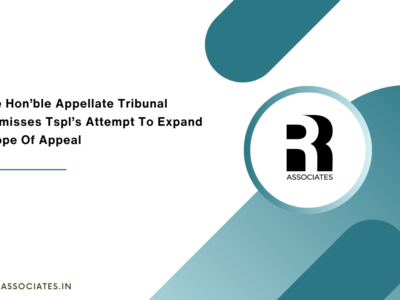Environmental Sustainability is a globally recognized need that has grown in prominence over the last few decades. Defined as the judicious use of natural resources to support long-term ecological balance, environmental sustainability presents an array of complex challenges, particularly for a populous and rapidly developing nation like India. Brandt Land defines ‘Sustainable Development‘ which was defined more than 3 decades back still holds good. The phrase covers the development that meets the needs of the present without compromising the ability of the future generation to meet their own needs.
The Indian legal system has, over the years, evolved a comprehensive framework of legislations, regulations and guidelines aimed at environmental protection and sustainability. This corpus of legal instruments, ranging from the Environment Protection Act, 1986 to innovative mechanisms upheld by the National Green Tribunal forms the bedrock of India’sˀ. endeavours towards balancing ecological conservation with socio-economic development. Apart from the specific Acts, by way of the 42nd Constitutional Amendment, Article 48A was inserted in the Constitution in Part IV stipulating that the State shall endeavour to protect and improve the environment and to safeguard the forest and wildlife of the country. Article 51A, inter alia, provides that it shall be the duty of every citizen of India to protect and improve the natural environment including forests, lakes, rivers and wildlife and to have compassion for living creatures.
This article aims to provide an in-depth exploration of the Indian legal landscape as it pertains to environmental sustainability.





